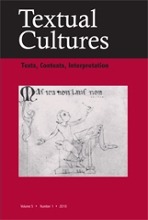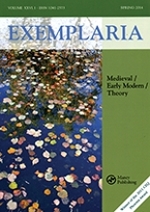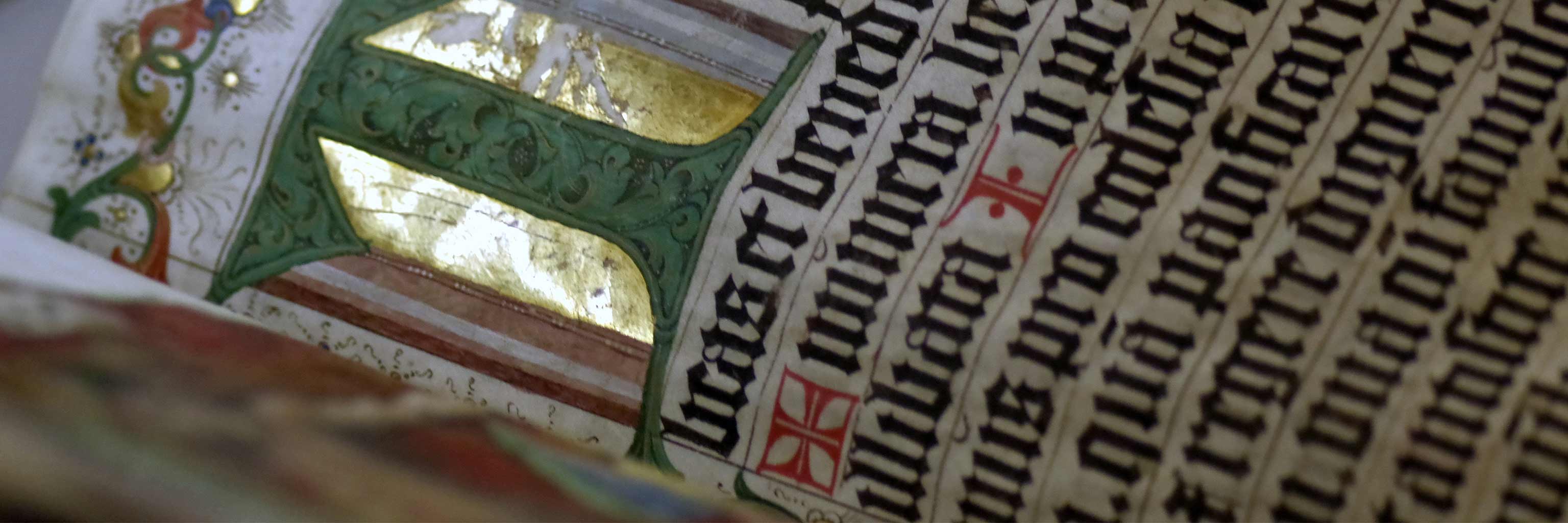The Medieval Studies Institute houses an ongoing resource called the Journals Initiative, which supports the publication of three journals relating to medieval studies.
Journals
The Medieval Review
Since 1993, The Medieval Review (TMR), formerly the Bryn Mawr Medieval Review, has been publishing reviews of current work in all areas of Medieval Studies, a field it interprets as broadly as possible. The electronic medium allows for very rapid publication of reviews, and provides a computer searchable archive of past reviews, both of which are of great utility to scholars and students around the world. TMR operates as a moderated distribution list. Subscribers receive reviews as e-mail; TMR posts each review as soon as the editors have received and edited it. There is no paper TMR. Once posted, reviews are archived and available for viewing, searching, printing, etc., on its website.

Textual Cultures: Texts, Contexts, Interpretation
From its origins in 1983 as the collected papers of a small but innovative group of specialists in the area of textual editing, TEXT: An Interdisciplinary Annual of Textual Studies has led the way in opening the Anglo-American discussion in the emerging field of textual studies. Textual Cultures continues the tradition of TEXT with an ever more inclusive and a multi-voiced approach not just to issues of textual editing and redefinitions of textuality, but to the notion of the diverse textual cultures in which these definitions and our approaches develop and evolve. The endeavor of Textual Cultures to investigate the meaning and implications of textuality is designed to widen our understanding of how new developments in fields like codicology, material philology, art history, musicology and cultural studies are redefining and integrating our notions of what constitutes a text in diverse cultural contexts.

Exemplaria
Launched in 1989, Exemplaria publishes papers that reconsider the methods and aims of scholarship on the medieval and early modern periods, broadly conceived. Authors are invited to submit work that promotes the journal’s interpretive aims and moves, engages critical theories, or otherwise seeks to sharpen the edges of current intellectual or literary debates. The editors are committed to a rigorous, productive, and strictly double-blind process of peer review, which is usually completed within three months. The Times Literary Supplement said of Exemplaria that "it breaks into new territory, while never compromising on scholarly quality."


 The College of Arts
The College of Arts